7 Things That Players Will Lust to Have
Rewarding Adventurers
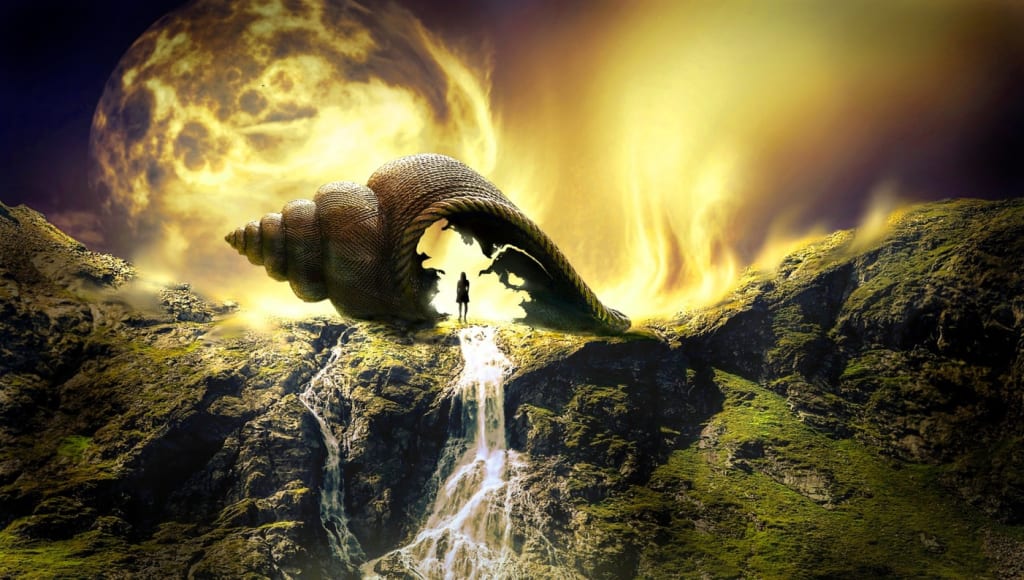
For years, I've been setting players up with adventures and watching them lust after things. All games need a reward, a mechanic that will get the players interested in taking a risk and struggle to succeed. In common parlance, a carrot to wave in on their face if it will make them haul the cart.
Trouble is, game designers get stuck thinking there are only two or three varieties of carrot—and so we get the same payoffs again and again. What's needed is a good, firm list for what rewards are and what players are. These give their whole selves to our games; we need to make them feel worthy.
That list shouldn't just include the tangible compensations we usually think of as "treasure" or "prizes," but the intangible as well. Things that raise the bar and remind us that the potential for game reward is not limited to what we can touch and carry with us.
Still, we want to be all-inclusive, so we can start with the most obvious and move on up.
Wealth

Without question, wealth is the easiest, most obvious thing to give. Yet it is the staple of gaming rewards and it needs to be there. Wealth enables a player to outfit their characters and helps them choose a personal identity for same. Wealth brings new stuff, makes new friends, buys opportunities, encourages generosity and provides a measurable sense of accomplishment. We look at the money pile that's accumulated after gaming for awhile and feel cheerful. Our work has meant something. We've been paid.
That's why we shouldn't discount wealth as a reward, even if it has a dark side. Money is a game designer's nightmare, since we must create things for players to buy. Money burns a hole in the player's pocket, making them want things, great things, lots of things... and there are never enough things. Players want more and more, they cry out for longer and longer lists and for things that designers never thought to put in the game.
Make no mistake. Money is a headache. But it is a crowd-pleasing angle that deserves its place. Hey, and what the hell, there are hundreds and hundreds of other designers who have already tackled this problem; there are lots of places to steal from. So as far as your system is concerned, you can piggyback on this one.
Toys

Weapons, armor, magical artifacts, super-powered vehicles, wondrous things of all kinds... at first glance, these seem to belong to the category of wealth, but no. These are things that no one can buy, or at least are so rare and unique they can't be found on a store shelf. The whole point about these toys is that they have to be found, most likely in places where no rational adventurer would go looking.
In the creative sense, for your particular design, these need to be things that players dream of having or things of such unusual manufacture the player could not guess of their existence. Someone had to invent seven-league boots and flying carpets; I can still use these as examples because they continue to fire our imagination. If you want your players' eyes to pop open and their jaws to drop when one of these beauties falls into their lap, you'll have to be creative enough to invent something just as formidable and just as romantic.
Only, obviously, not too formidable. It's important that these toys, once found, don't break the system. The key to winning over player hearts is to make these things something that can't be done any other way—something exciting and impressive. I'm sure you already have ideas for what that could be. At least you have plenty of examples of what others have proposed.
Power
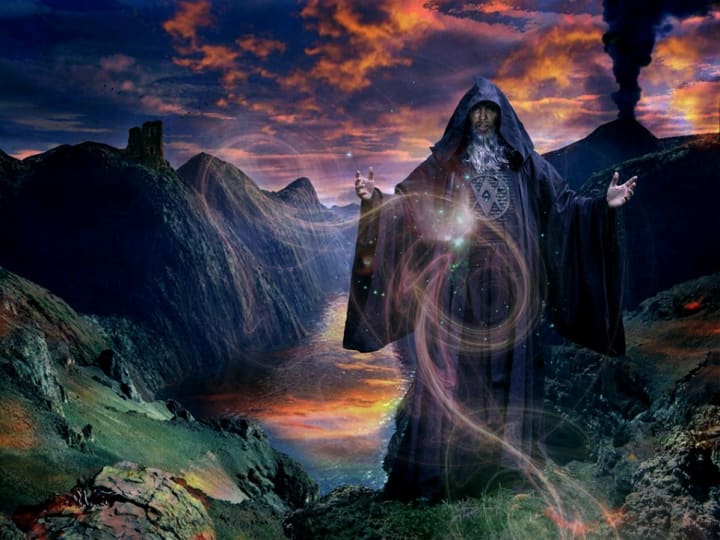
Though some think the concept is dead, virtually every gamer wants to increase their personal ability to affect their environment, without having to rely on second-hand concepts like wealth or toys. It's nice if the rod I'm holding will blast a hole in the side of that mountain, but if I lose this toy I'm screwed. Oh, but it is much better is it if I can do the blasting myself! If the power is a part of my being, it can never be taken away.
Table-top RPGs were built on the principle of personalized character upgrades like this: more hit points, more magic, more skills, more strength, more influence, just... more. The concept should be central to any game; there's nothing like feeling that we ourselves have changed in the time we've been slaughtering enemies, digging for clues, sacrificing our time in side-quests and putting our lives on the line.
It's true that the players themselves improve, because it's natural and human to do that, as we learn how to better game the interface. But what a great reward it is to give more system to work with because our characters can do more than we could at the beginning? Yes, it's tough and it means you can't just use the same interface from beginning to end; your design will have to upgrade as the characters do—but what reward could possibly be better than to know one day your lowly grunt will someday verge on superheroism?
Well, there are four better rewards, actually—and now we get into territory that most game designers must ignore, because these defy common programming.
Status
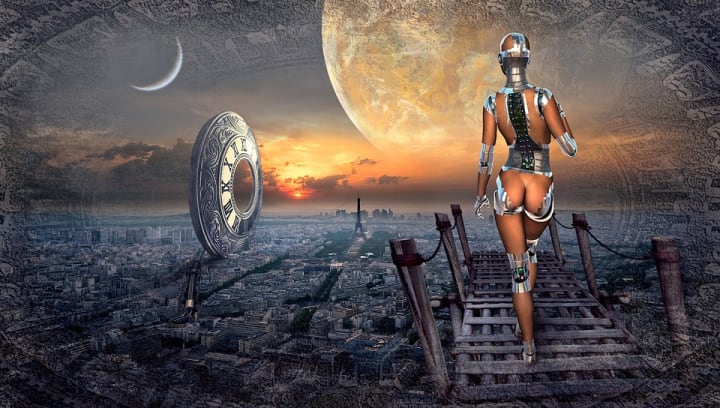
Until now, we've been considering how the player relates to himself through the eyes of the character. Status is a demonstration of how that character relates to everyone else. This is where we reward the player with looks of fear and love in the eyes of those who see and recognize the character. This is where others perceive the character to be worthy and deserving of titles, loyalty, and opportunities, where the character can rise from one-on-one battles to leading hundreds or thousands of the devoted against an enemy who are too numerous to count.
Status is more than just feeling heroic. Status confers responsibility, a sense of significance, that grateful and worshipping others are now relying on the player to solve their problems and make their lives worthwhile. Status awards the honor of meeting with important beings, who now have the time to speak respectfully to the player, perhaps people who once disdained to do so. Status also awards the privilege of going places where the commoners cannot go, of having the access to buy things with wealth that the commoners cannot buy and the chance to use tools that commoners never see.
Status takes the lesser rewards of the game and increases them exponentially. Still, this is viciously difficult to render into an interface that won't take years to design. Making game entities believable enough to matter to a player, so that the sense of status can be felt and enjoyed, challenges the best designers. Nevertheless, if even a little bit of this feeling can be given to a game, the profound dimensions it can add are undeniably satisfying.
Novelty
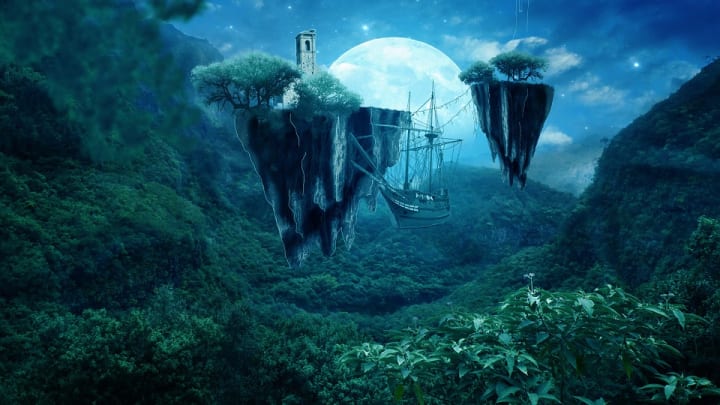
There is an old saying that goes, "There's nothing new under the sun." That's not good enough. The bread and butter of a designer is to take things that already exist, concoct them together and make something that no one has ever seen before. If we take the time to stop, look around, and compare the world with what we knew ten years ago, it is obvious that this is being done all the time. Arguing that there's nothing new is only an excuse for not trying.
Players are constantly prowling for a game that will give them new experiences, new things to see, new problems to overcome and new worlds to conquer. It is our job as a designer to sweat our brains until we have that new thing and then put it in a frame the players can enjoy.
It doesn't matter what the new thing is. It could be the physical experience of handling the game components, it could be the graphics options or the way the game sounds. It could be a better user-to-user interface or something that challenges old tropes that we've gotten used to ignoring. The key is that the concept, and all that entails, takes the player to a new vista that makes this game, your game, different from any other.
No matter how hard that is to do.
Enlightenment

We are truly in blue skies, now. These are games that break all the molds and show players and designers alike that there is more possibility than anyone previously dreamed. This is the first first-person shooter. This is the first dollhouse. The first MMO. This is Pokémon Go.
Here, the game itself is the reward: the concept that shatters the player's previous awareness, pushing buttons the player did not know were there. Is this something that we're likely to do as we sit down to make a game? No, probably not.
But it's important to understand that this ideal exists, that it can be strived for because it can be done. Others have done it. They weren't geniuses, they weren't lucky; they were hardworking designers and programmers who learned all they could know about their craft and took a chance on following paths that must have, at the time, looked crazy.
So be crazy once in awhile. Take a crazy risk. Dream up something impossible and then explore that impossibility until it begins to float into arm's reach. Because it is there. New technology is being created all the time and in fantastic quantity, meaning that there's a lot of blue sky up here, enough for everyone. Understand that the experience of living in the real world is much more varied that what games have been able to capture so far; we're only just beginning in these past few decades to see how much capacity games have for rewarding us, in ways we never thought possible.
That brings us to:
Purpose
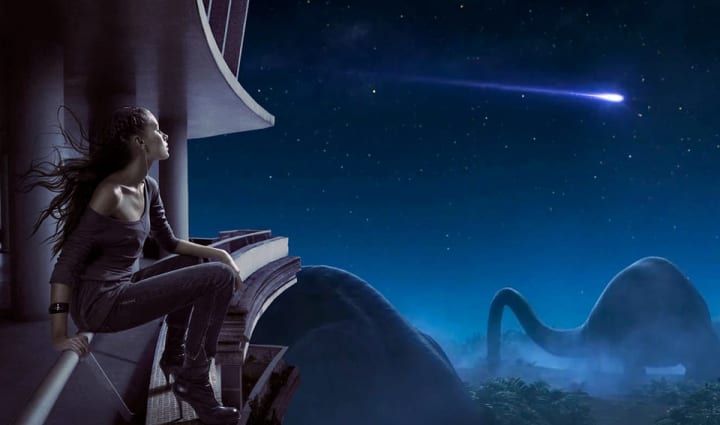
The Holy Grail. The game that does more than give us something to do, it gives us something to BE. We're all moving forward into a world that promises to take away a lot of opportunities for us to find ourselves in work, while awarding us with more and more free time (provided we can find a way to pay for our needs).
The future in personal development and satisfaction will certainly be found, for millions of people, in games. All that is needed is a reason for people to play, apart from the fact that they are bored. Around us there are designers frantically working on the problem—but traditional PC and console video games are far from succeeding. RPGs have touched the edges of the concept but these are limited by a troubled and primitive interface. The real hope for the future lies in augmented video games, where human experience in the real world is mixed with human experience in cyberspace.
This is the new frontier. I can't wait to get there.
About the Creator
Alexis D. Smolensk
For more content, see The Tao of D&D: http://tao-dnd.blogspot.ca/ and my game wiki at http://tao-of-dnd.wikispaces.com/General+Index. Please support my Patreon: https://www.patreon.com/user?u=3015466


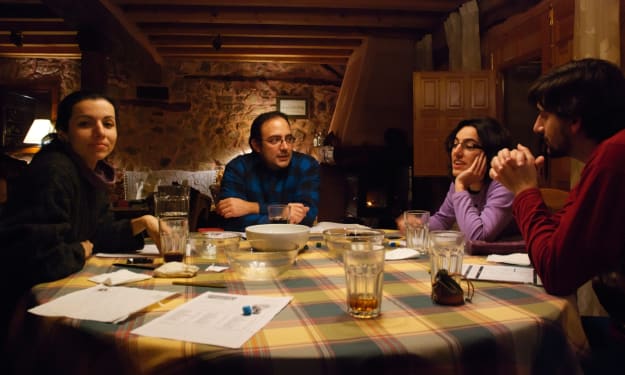
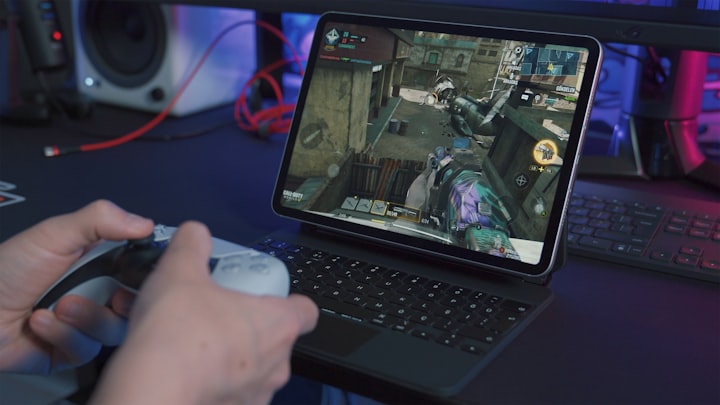


Comments
There are no comments for this story
Be the first to respond and start the conversation.